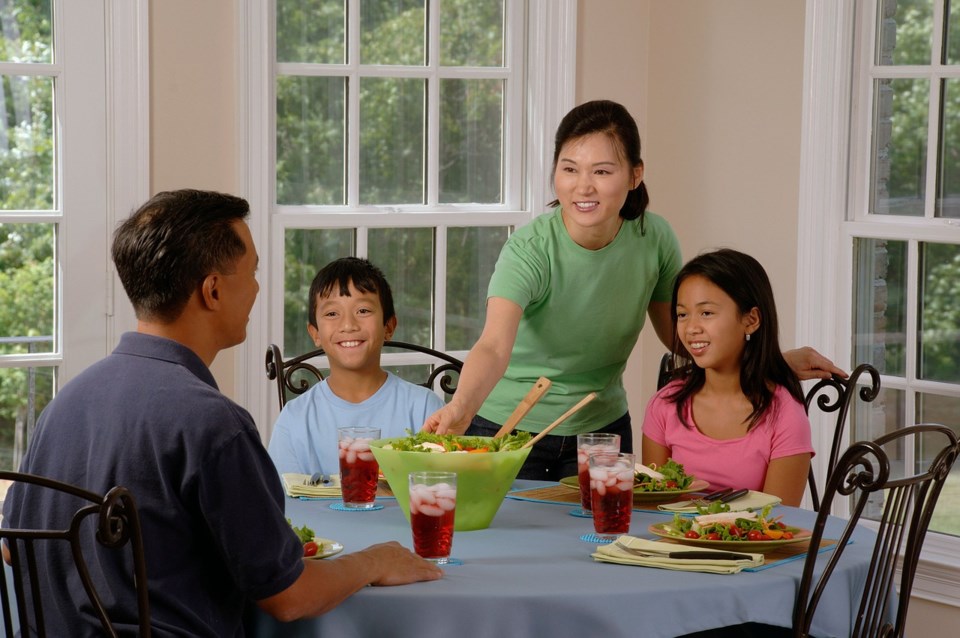Parents can create confidence in their children’s eating habits by using words that build up instead of words that hinder, public health officials say.
“A common word that children say is, ‘Yuck, I don’t like it. I won’t eat it,’ and they haven’t even tried it. They’ve probably barely even looked at it,” laughed public health nutritionist Melanie Warken.
But instead of telling children they’ll like it and to just try it — essentially telling them how to feel — parents should instead say it’s okay and maybe they’ll like it next time.
Other words that hinder children in this situation include saying eating the food will make them big and strong; saying they have to take a bite; telling children it took a long time to make the food and the parent feels hurt the child won’t try it; asking what else the child would like to eat; and telling the child something else will be made.
Instead, Warken said, parents could tell children they don’t have to eat it but do have to be polite about turning it down; telling the child to simply say “no, thank you;” telling the child to eat other food on the table; and informing the child to sit with the family while everyone else eats.
Warken and social worker Amy Cruz gave a presentation on Jan. 16 at the Dr. F.H. Wigmore Regional Hospital about how parents and caregivers can raise healthy and happy eaters. Tips and strategies were offered on how to manage children’s diet, including how much children should eat, what to do with a “picky eater” and how to help children be responsible for their eating.
“We often call our children picky eaters in front of them. We give them that label and they will use that to their advantage,” said Warken.
She encourages parents not to use that phrase in front of children since it turns it into an issue. Instead, one strategy is to have napkins at the table. If children don’t like the food, they can spit it into the napkin as a way out and then discard it after the meal.
“I remember being forced to eat broccoli at the table. I would close my nose and chew it and chug my milk after because I didn’t have a safe out,” Warken laughed.
Parents should praise specific behaviours instead of using shame to criticize a child, said Cruz. For example, parents could say their child was brave for eating something new instead of saying the child is a good girl or boy or the parents are proud of them.
An information sheet handed out during the presentation listed other actions or words that parents can use to help build up their children’s confidence in eating.
For example, if a child is whining and/or crying, words that hinder include telling the child to leave the table and come back when ready to eat. Instead, parents could tell the child she or he is whining and to stop, followed by ignoring the behaviour, or dismissing the child from the table and not letting him or her back.
If children are picky, making a separate meal or offering something else they normally like would hinder. Instead, parents could offer a couple of items at snacks or meals the child generally eats and let the child eat those foods until full. Or, parents could teach their children how to be polite about refusing food and let the child leave when finished.
If a child eats too much, it would hinder the child to say that’s all there is for now. Instead, helpful words include saying the food was put on the table for everyone to enjoy. The child can have dessert whenever he or she wants, but cannot have seconds. The same rule would apply to everyone.
For more information, visit www.ellynsatterinstitute.org, www.extremepickyeating.com, or food-guide.canada.ca/en/. You can also the public health office at 306-691-2300.




